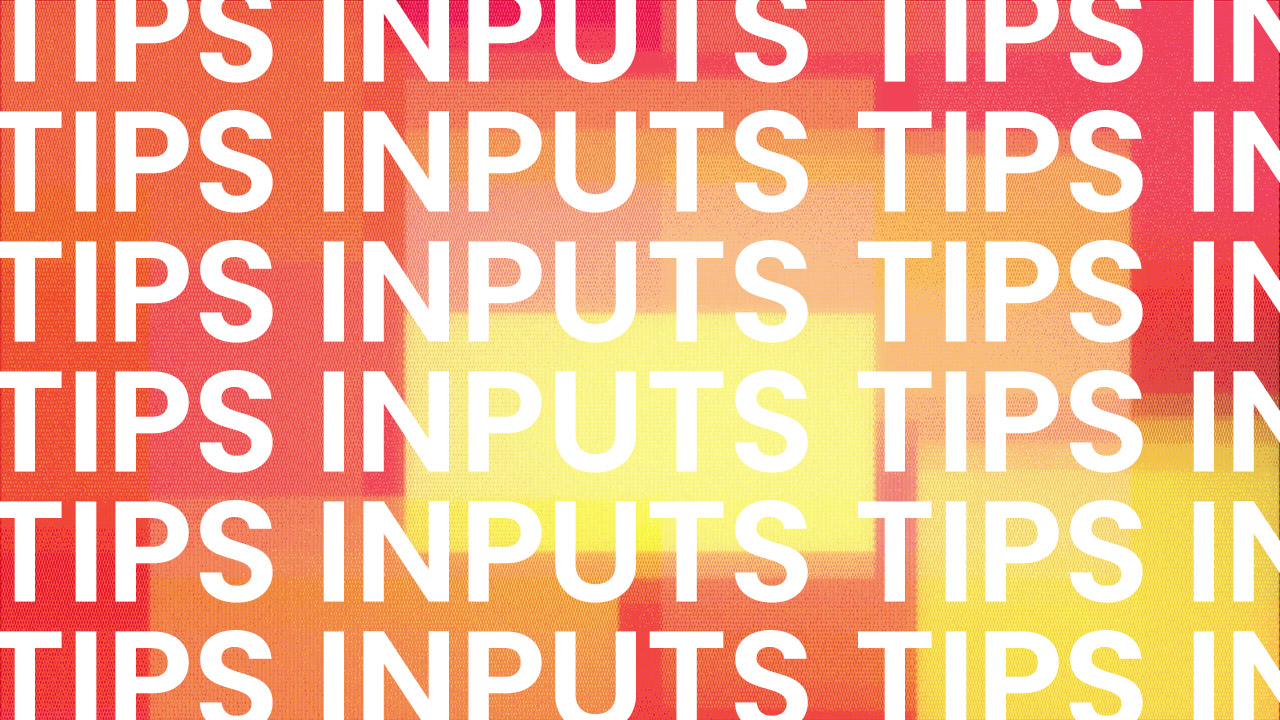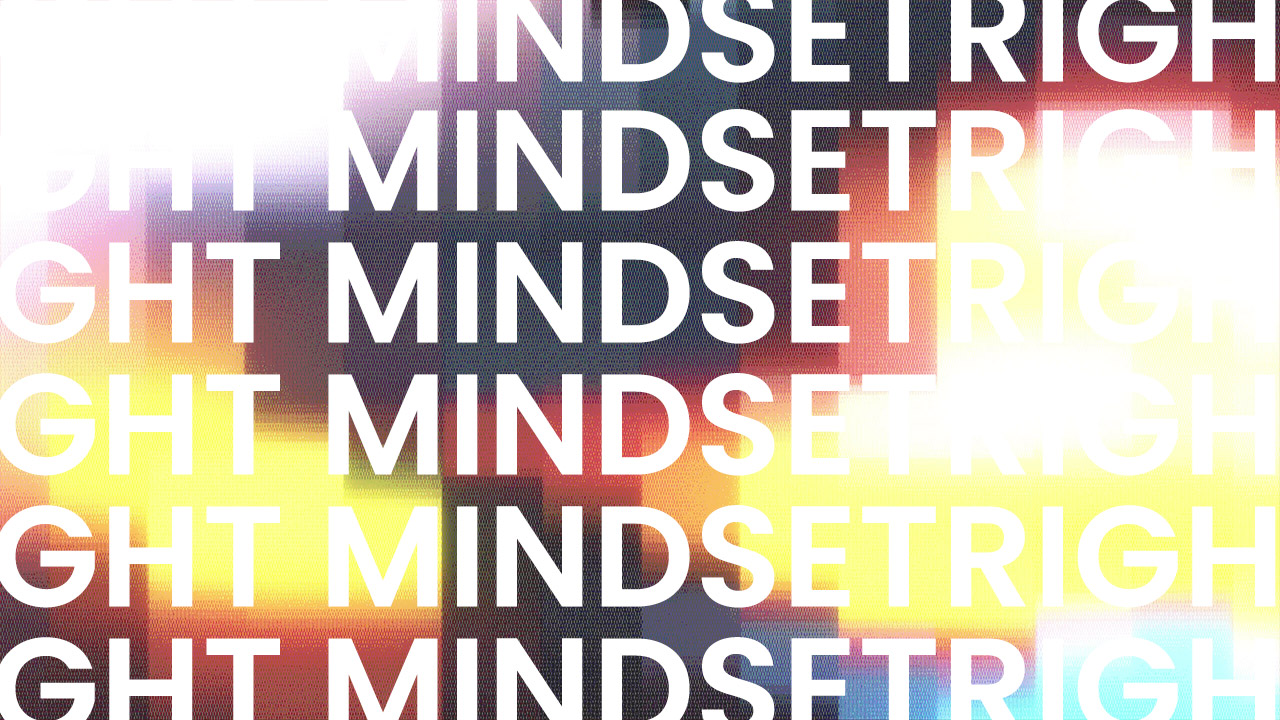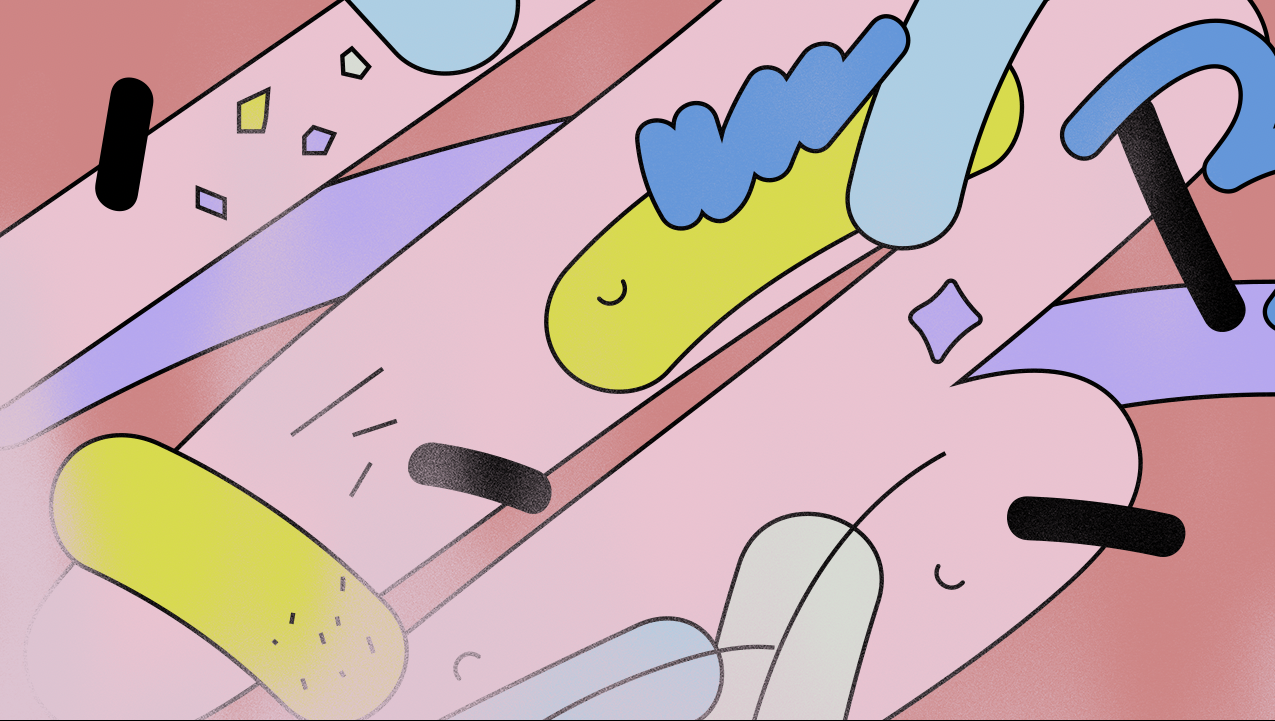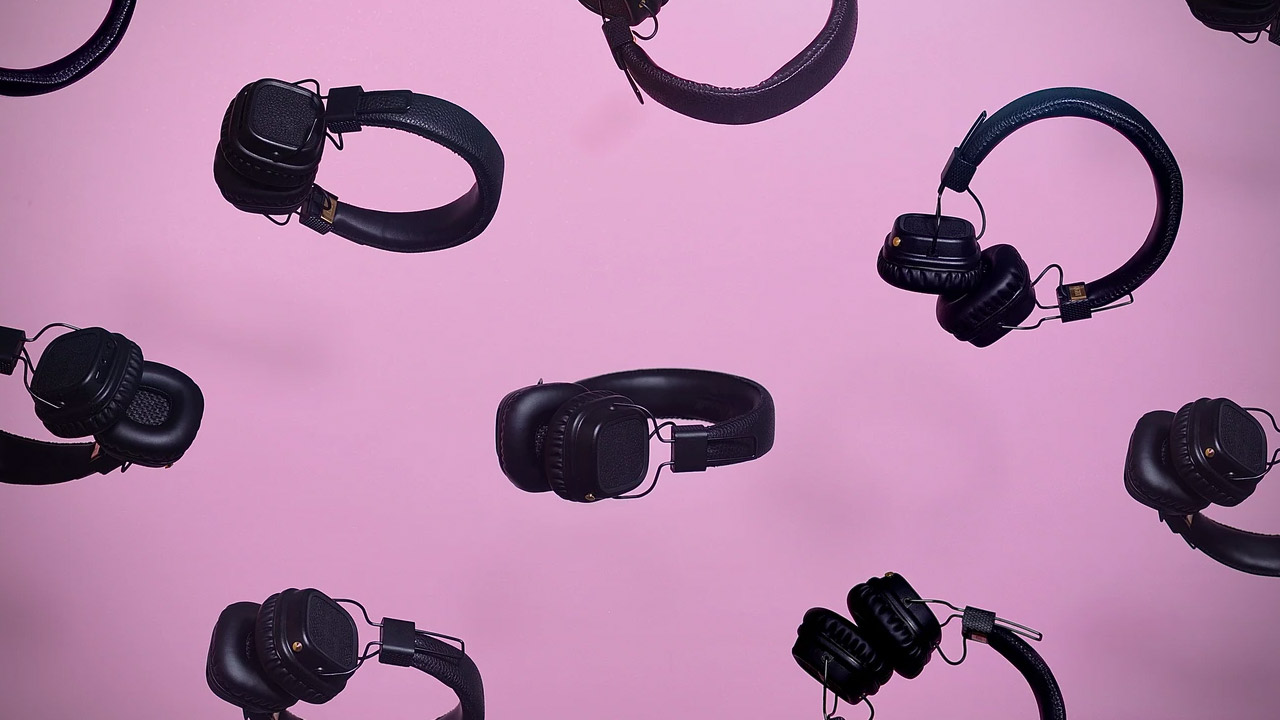Lukas teaches us what everyone of us needs most in uncertain times - applied creativity and improvisation: What is creativity? Improvisation in business? How to learn to improvise? How to change perspective? Which technologies enable creativity?
In this interview by Andreas Fraunberger from our team, Lukas Zenk talks about what everyone of us needs most in uncertain times – applied creativity and improvisation.
Lukas works as an Assistant Professor for Innovation and Network Research, he is Deputy Head for Research at the Department of Knowledge and Communication Management at Danube University Krems. Lukas is also active as an actor in improvisational theater.
crea
tivity
What is your background with improvisation?
I‘ve been performing improv-theater for 15 years and I attended workshops worldwide. For example in Chicago at the IO theatre or “Second City”. Then I tried to apply these concepts also to various other aspects. For example to business and research. I’ve been dealing with questions like: How can you improvise professionally and in a business context? How do you understand improvisation from a scientific point of view?
“It is about creating something new, that is meaningful for others.”
What is creativity?
It is very easy to define creativity. It is about creating something new, that is meaningful for others. I think one idea is to change your perspective in order to create something new. So if you are stuck – try to change your perspective or change the context and then you will be able to see your topic differently.

Can you share tips or inputs on improvisation?
The funny part is: everyone improvises. As an example – if you distinguish between planning and improvising, you do improvise a lot.
Planning means that you think ahead and then you execute your plans. For example, you think of what you could do today and then you execute it, and that’s fine. But if something changes that you did not or could not plan, you will have to improvise. That means you are planning and executing at the same time.
Now you can learn to do that better, because some people just try to survive in such situations. But if you focus on what is here and now, it is much easier to use the resources at hand. You can find many situations in which people improvise. For example, you could watch a sports event and you will recognize that they do not plan all the time, simply because they can´t.
With these examples in mind you can think differently about when you yourself actually improvise: in all situations in which you are not able to plan sufficiently in advance – and in these situations you will be able to learn from yourself. Because passively watching something is one aspect, but really experience to improvise is more effective.
Which methods can be used to learn to improvise?
Playing Lego is a good example. You can build something with Lego based on a guiding book – or you can create something new, just using the pieces of Lego at hand. The latter is more like real time creativity or improvisation.
“Just talk to another person. They will change your perspective, if you allow them to.”
How is it possible to change your perspective?
Just talk to another person about whatever domain you are interested in. They will change your perspective, if you allow them to. The other person has a different perspective and if I deeply listen to what they say, without thinking something like: “No I thought about that and no that is not working” – you will be able to change your perspective. So, talk to other people.

Which technologies enable creativity?
Typically, it is not about the tools. It is about the mindset. So, if you have the right mindset and you are open to something new, then you can use different technologies for creativity.
However, some technologies enable you to be more collaborative and explorative, especially if thy allow you to act in real-time like google docs. But you can use any kind of webtool, like „Zoom“ or „Teams“ or „Go to meeting“, but use it differently, to really interact with people and not just to stare at the monitor.
Learn more about Lukas’ work here: https://www.lukaszenk.at/
KONTAKTIERE UNS!
Was sind deine Erfahrungen mit Kreativität und Digitalisierung?
Nimm gerne Kontakt mit mir auf – Ich freue mich über einen Erfahrungsaustausch.


